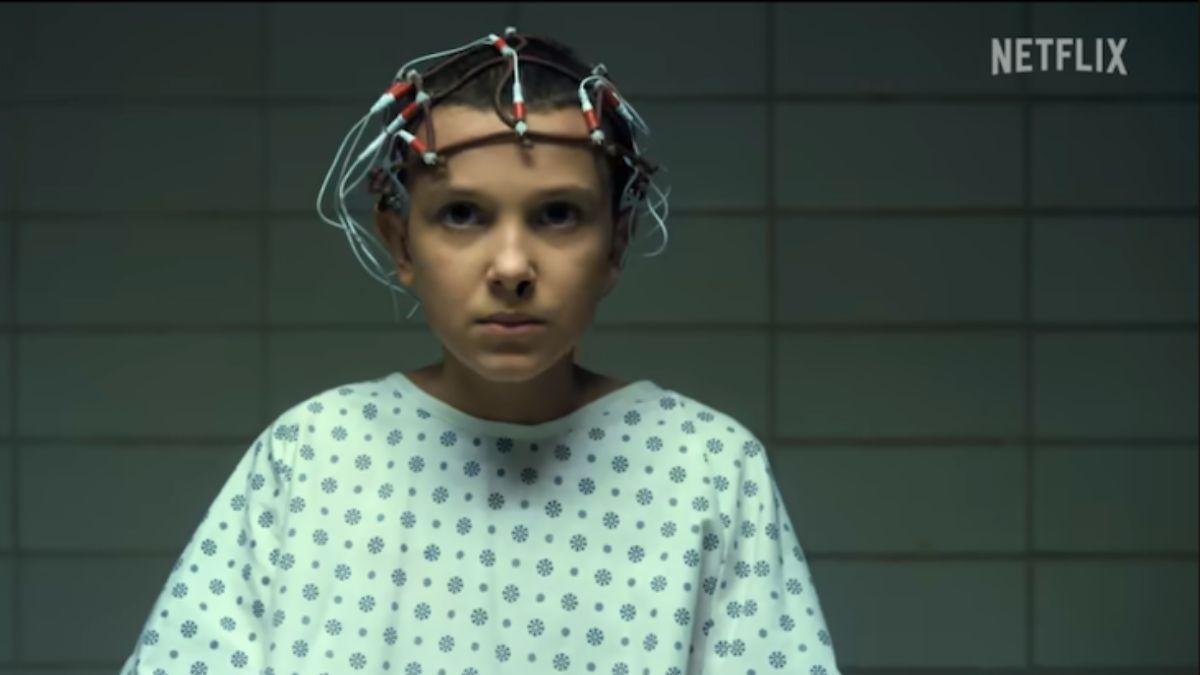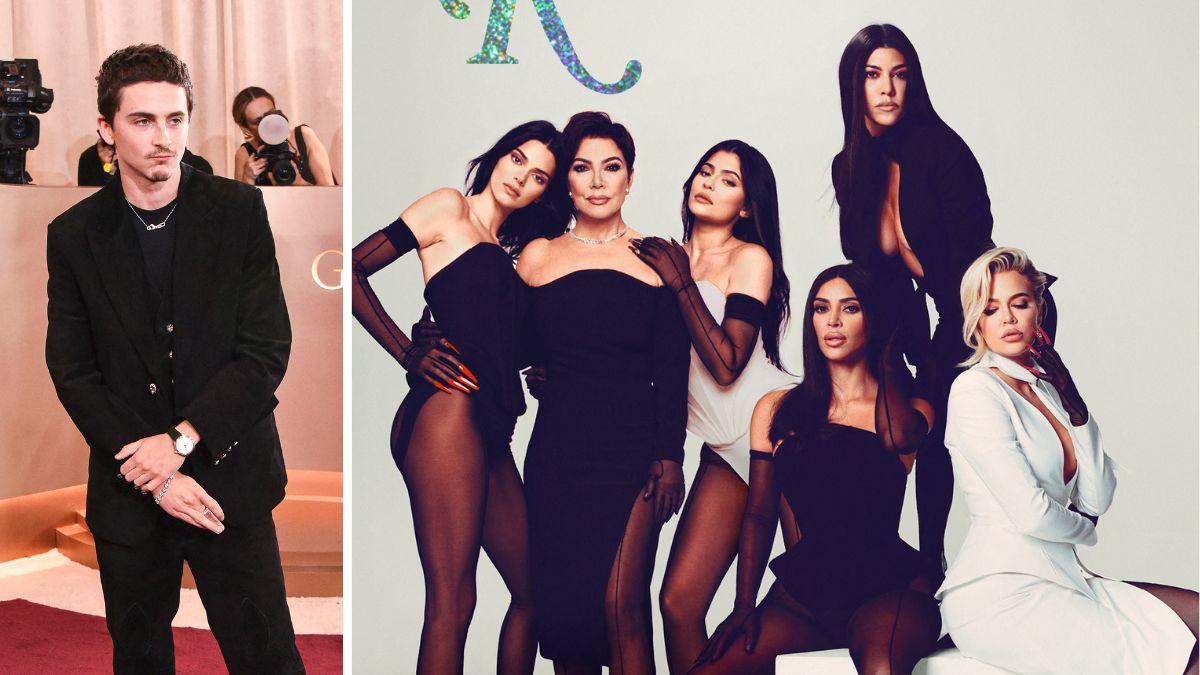EXCLUSIVE: The Real 'Rebellious' Reason Sir Anthony Hopkins, 87, Descended Into Suicidal Alcoholism As He Climbed the Hollywood Ladder
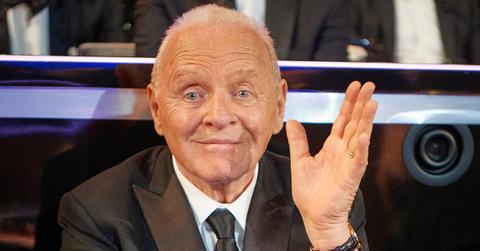
Anthony Hopkins said revealed how rebellion led him into suicidal alcoholism in Hollywood.
Nov. 6 2025, Published 7:47 p.m. ET
RadarOnline.com can reveal Sir Anthony Hopkins' long battle with alcohol began as a misguided tribute to the Hollywood icons he idolized – rebels such as James Dean and Marlon Brando – whose brooding defiance shaped his early view of what it meant to be an actor.
The two-time Oscar winner, now 87, says his heavy drinking began in the 1960s as his career gathered pace in Britain and America, part of a culture that glorified rebellion both on and off screen.
But what started as a way to emulate his heroes spiraled into a destructive pattern that nearly ended his life and career.
A Dangerous Tribute to Hollywood Rebels
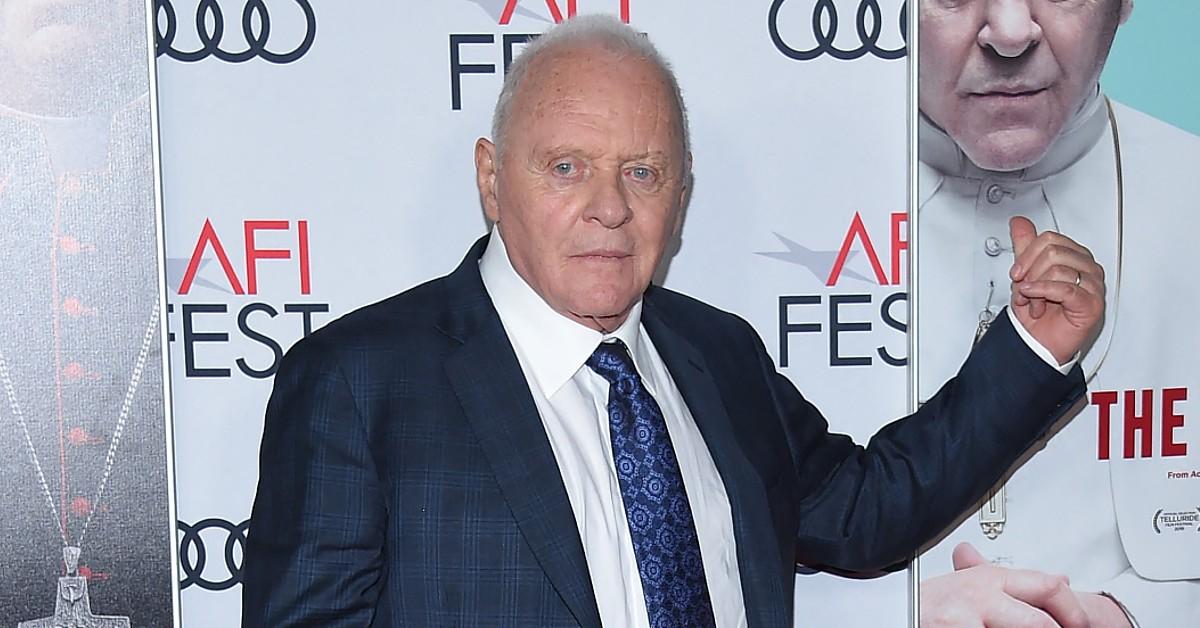
Sir Anthony Hopkins reflected on his decades-long journey to sobriety.
Hopkins said he came face-to-face with his own "monster" in December 1975, when he drove 500 miles from Arizona to Beverly Hills in a blackout. Soon afterward, he sought help at Alcoholics Anonymous.
He said: "I was driving my car in a complete alcoholic blackout, and I could have killed someone or killed myself, but to take out an entire family in a car crash, in a blackout... it was December 1975, just coming up to 50 years ago and I said to somebody, I need help. And I made the phone call.
"And suddenly, a bright morning of the 29th of December, 1975, something said it is all over. Now you can start living. It has all been for a purpose. Whatever that was, subconscious, or whatever it is, or destiny, God, whatever you want to call it, the craving left. It has never come back."
The 'Brutal Side' of Alcoholism
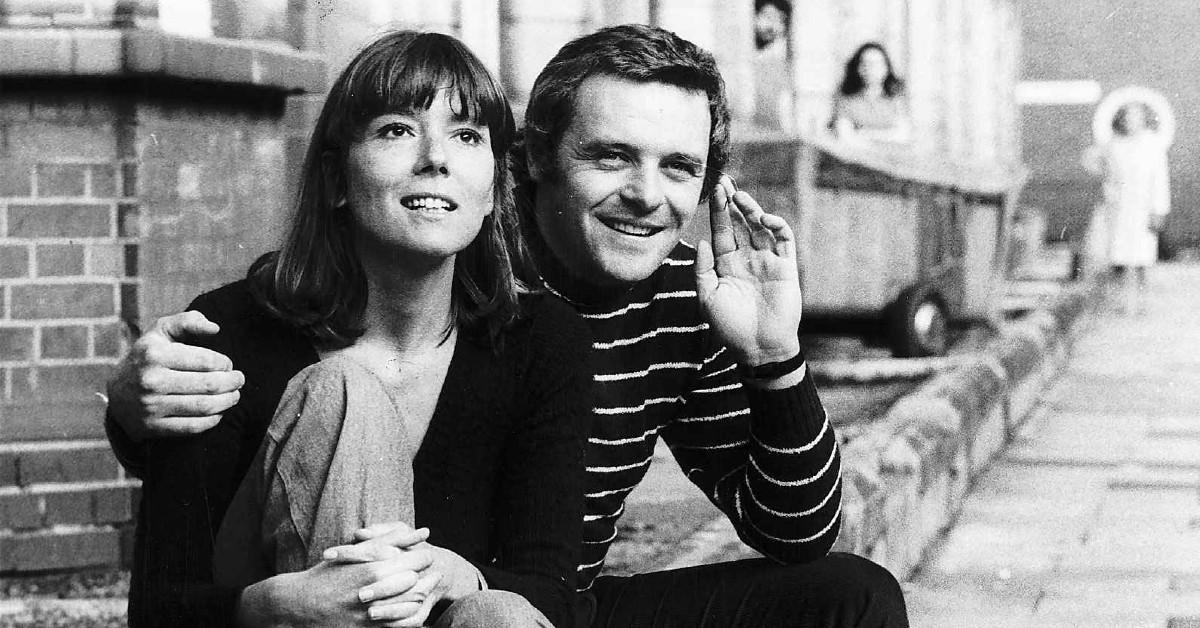
Hopkins credited Alcoholics Anonymous with saving his life and career.
In his new autobiography We Did OK, Kid, Hopkins reflects on the self-destructive bravado of his early years.
He wrote: "In those days, being an actor, you know, you are a rebel, and everyone wanted to be Marlon Brando or James Dean, and so drinking was a tribute. You would get fun to a point. I was lucky to hear a little voice one day say, 'It is going to kill you.'"
By his own admission, he was "beginning to lose control" of his life, lashing out on film sets and attacking directors who challenged him. "I could turn very nasty, nasty, and that is the ugly side of alcoholism," he wrote. "It brought out a brutal side of me. I am not proud of it at all."
Hopkins recalled while filming The Lion in Winter in 1968 his co-star Katharine Hepburn warned him: "What's the matter with you? You are going to die young. Stop."
That moment, he later realized, was another sign his drinking was no longer romantic rebellion but self-destruction.
Sobriety and a Second Chance
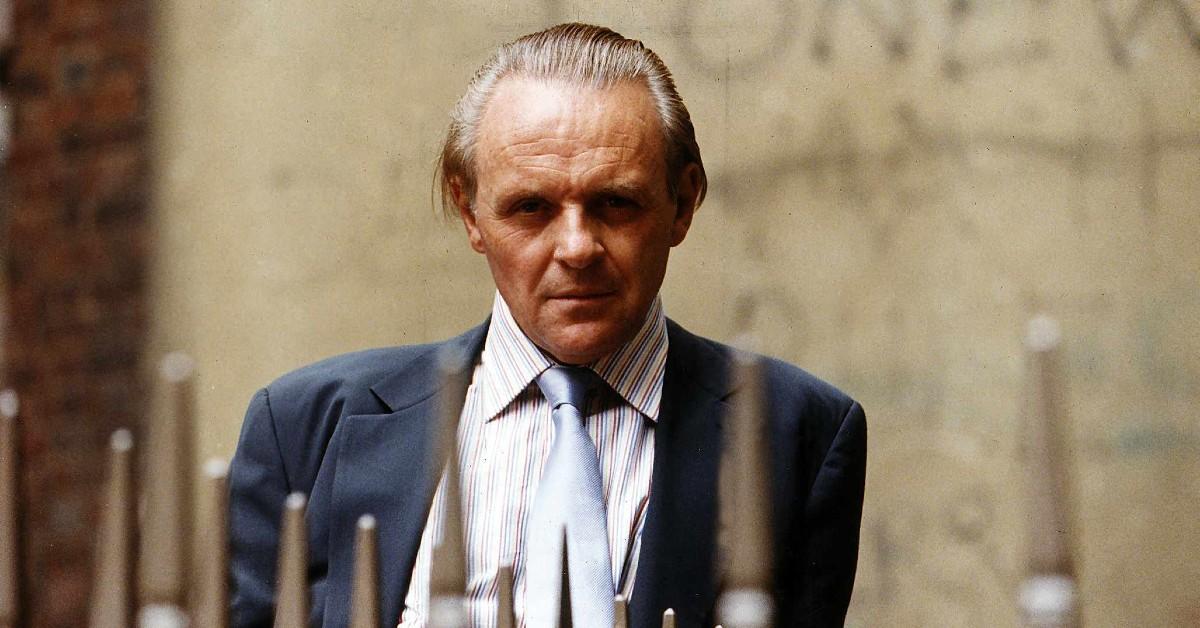
Hopkins said he once turned 'brutal and nasty' under the influence of alcohol.
Since achieving sobriety, Hopkins has become one of the most acclaimed actors of his generation, known for his meticulous performances and emotional depth.
His portrayal of Hannibal Lecter in The Silence of the Lambs earned him an Academy Award in 1992, followed by another for The Father in 2021.
His roles have ranged from presidents and popes to painters and kings, yet his greatest transformation, he suggests, came through self-awareness rather than performance.
Finding Peace Later in Life

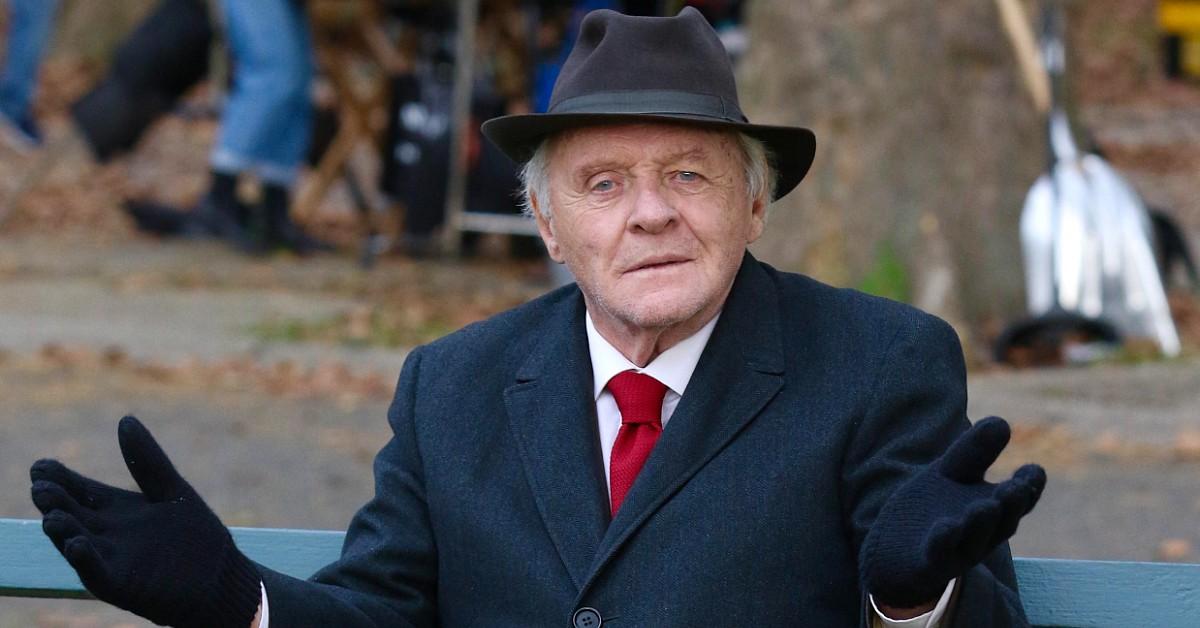
Now 87, Hopkins said he feels grateful, content, and ready for whatever comes next.
Asked recently by the BBC whether he believes everyone has a "monster" within, Hopkins said: "We do because we have to survive, unless we control it, unless we find ways of, you know, finding ways around it every day, we can come up with, you know, punishing ideas and quarrelsomeness, as I did, but you have to stop. You have to say, 'OK, I can't do this. People don't deserve this.'"
Now married to his third wife, Stella Arroyave, 69, since 2003, Hopkins says she "broke me wide open" and helped him find peace after decades of regret and anxiety.
Reflecting on whether he is happy now, Hopkins added: "I am because, I mean, most of my friends have died.
"They have gone, God bless them. So I hope to be around a little longer. But even that, I am thinking, 'Ah, well, I had a good time. I had a laugh, and that I'm pleased with.'"
